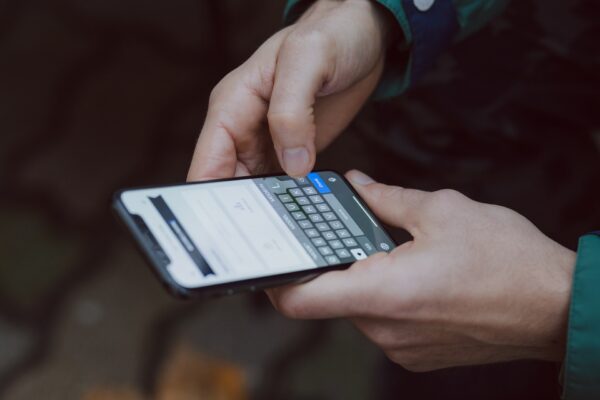
Adding to the growing problem of nursing home abuse across the country, recent reports reveal that some nursing home workers are violating the privacy of the elderly in their care by posting dehumanizing and private images and videos of residents on social media sites, such as Snapchat. This recent trend has lead to criminal charges in some cases, since taking pictures or videos without patient consent violates the Health Insurance Portability and Accountability Act—a privacy law geared toward patients that penalizes violators at a criminal and civil level.
An organization called ProPublica has found 35 cases since 2012 where nursing home patients were the subjects of videos and pictures taken stealthily by workers. In at least 16 instances, the victims were documented either partially or fully nude on Snapchat, a popular social media site that allows pictures and videos to appear for seconds at a time and disappear without a trace.
Elder abuse cases involving social media
Back in February of 2014, a nursing assistant at the Prestige Post-Acute and Rehab Center in Centralia, Washington was singing and dancing as she filmed a resident on a bedside portable toilet. A second incident occurred a month later, at the Rosewood Care Center in St. Charles, Illinois, where two nursing home workers shot a video of a 97-year-old woman, who suffered from dementia, getting slapped in the face by a nylon strap. She can be heard in the video crying out for them to stop, but the pair only laughed at her distress.
A third case involved a nursing assistant in February of 2015 at the Autumn Care Center in Newark, Ohio. The worker was seen teaching the residents lyrics to a rap song that discussed a love for cocaine. This video was also shared on Snapchat.
Determining liability
A nursing home or long-term care facility is responsible for providing patients with a certain level of safety, depending upon on their needs. For example, if a patient is prone to falling, they should be equipped with handrails and proper observation. Should that patient fall and injure themselves, even with the provided safety measures, the nursing home would not be liable for the injuries.
In situations like the aforementioned ones, where workers are purposefully abusing patients emotionally, a strong case could be made that the facility is liable.
Signs of nursing home abuse
Although social media-related elderly abuse is a recent development (22 cases were reported in the past 2 years), elder abuse in long-term care facilities is not. Unfortunately, many elderly individuals are abused by caretakers and the mistreatment goes unreported, often because patients forget due to dementia.
Forms of care facility abuse of the elderly include:
- Assault or battery, including: pushing, pinching, slapping, or kicking
- Deprivation of food or water
- Sexual assault
- Unnecessary physical restraint or seclusion
- Noticeable sedation with the use of unauthorized medication
If your parent or loved one has been the victim of nursing home abuse or neglect, contact a Maine personal injury lawyer from the Hardy, Wolf & Downing law firm. As our beloved elders age, ensuring their utmost comfort and safety is foremost. Call us at 1-888-674-5762 for a free consultation and case evaluation.

